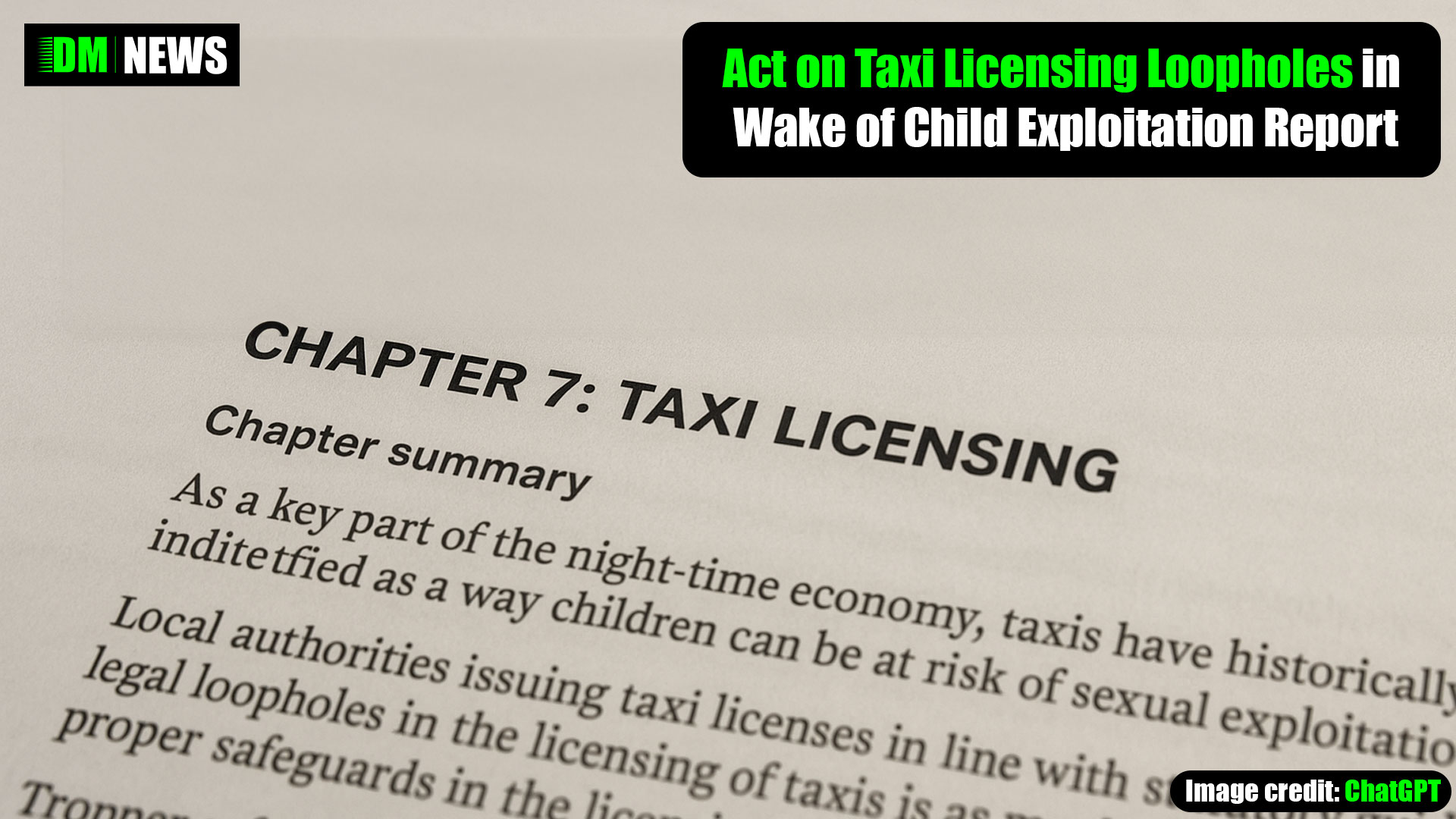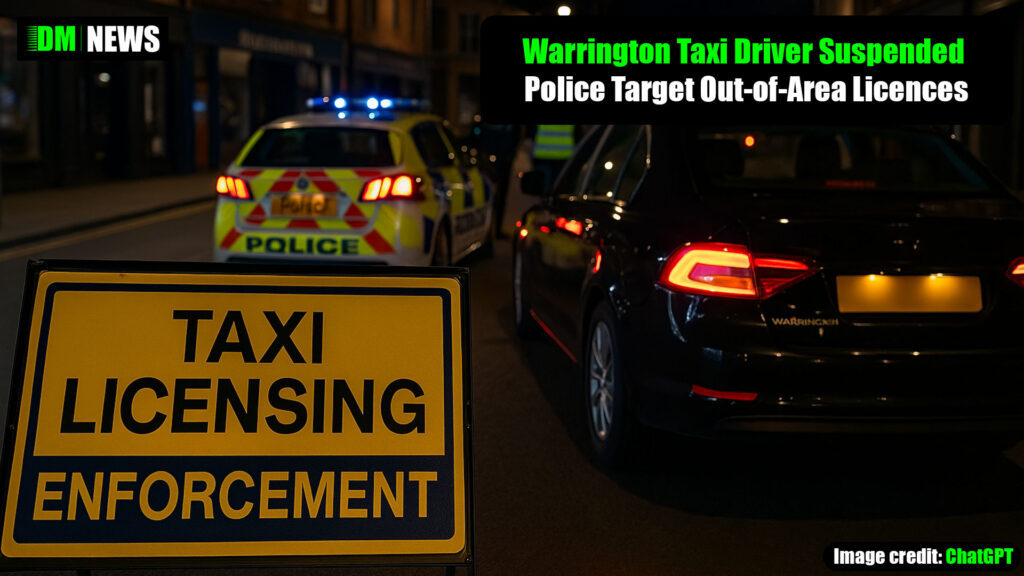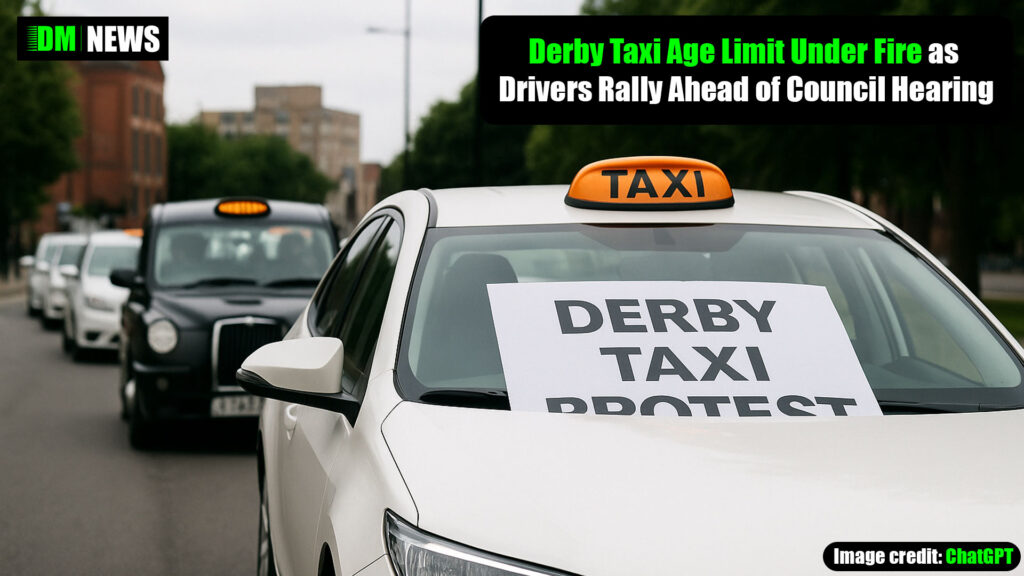The UK government is facing renewed calls to urgently reform taxi licensing laws, after a damning report highlighted how legal loopholes and inconsistent council standards continue to put children at risk of sexual exploitation.
Baroness Casey’s National Audit on Group-Based Child Sexual Exploitation and Abuse, published this month, dedicates a full chapter to the role of taxi licensing in safeguarding vulnerable children. The report warns that while the vast majority of taxi and private hire drivers are law-abiding and play a vital role in public safety, there remain troubling gaps in how licenses are issued and regulated.
According to Chapter 7 of the audit, taxis have historically been used in a minority of abuse cases — as a way for perpetrators to meet, transport, or traffic victims. Previous high-profile investigations in Rotherham, Telford, Oldham, and Newcastle have all drawn links between group-based exploitation and the misuse of taxi services.
One of the report’s main concerns is the inconsistency between local authorities. While some councils — such as Rotherham — have introduced strict safeguarding measures and retroactively reviewed all drivers on their books, others continue to follow only the basic statutory guidance. This inconsistency allows drivers to apply for a licence in one area and work freely in another with fewer checks.
The issue has been further complicated by “out of area” licensing, where drivers are granted licences by councils far from where they actually operate. A striking example cited in the report reveals that one unnamed local authority issued 8,563 new taxi licences in just five months, over 96% of which were for drivers living outside the area.
Andy Burnham, Mayor of Greater Manchester, has been a vocal critic of the current system, calling it “broken” and a threat to public safety. In 2025, he launched the ‘Backing Our Taxis: Local. Licensed. Trusted.’ campaign, pushing for licensing reforms to prevent councils from issuing bulk licences to drivers who never intend to operate within their boundaries.
Baroness Casey’s audit recommends that the Department for Transport urgently close the legislative loopholes that allow this practice and move towards national minimum standards for taxi licensing. It also calls for proper safeguards to protect both passengers and drivers, including:
- Mandatory CCTV inside all licensed taxis
- A clear national definition of a “fit and proper person”
- Regular safeguarding training and knowledge tests
- 100% pass rates on safeguarding tests
- Stronger powers to revoke licences based on civil thresholds in serious cases
The report concludes that without urgent government action, local councils will remain powerless to oversee the vehicles and drivers operating in their communities, leaving children and the public at unnecessary risk.
Source: National Audit Pdf
Thanks for visiting DM News!
If you’ve got a question, story, or anything you’d like to say, head over to DriverMatty.com — I’d love to hear from you! And while you’re there, don’t forget to check out my other websites and social media channels.






